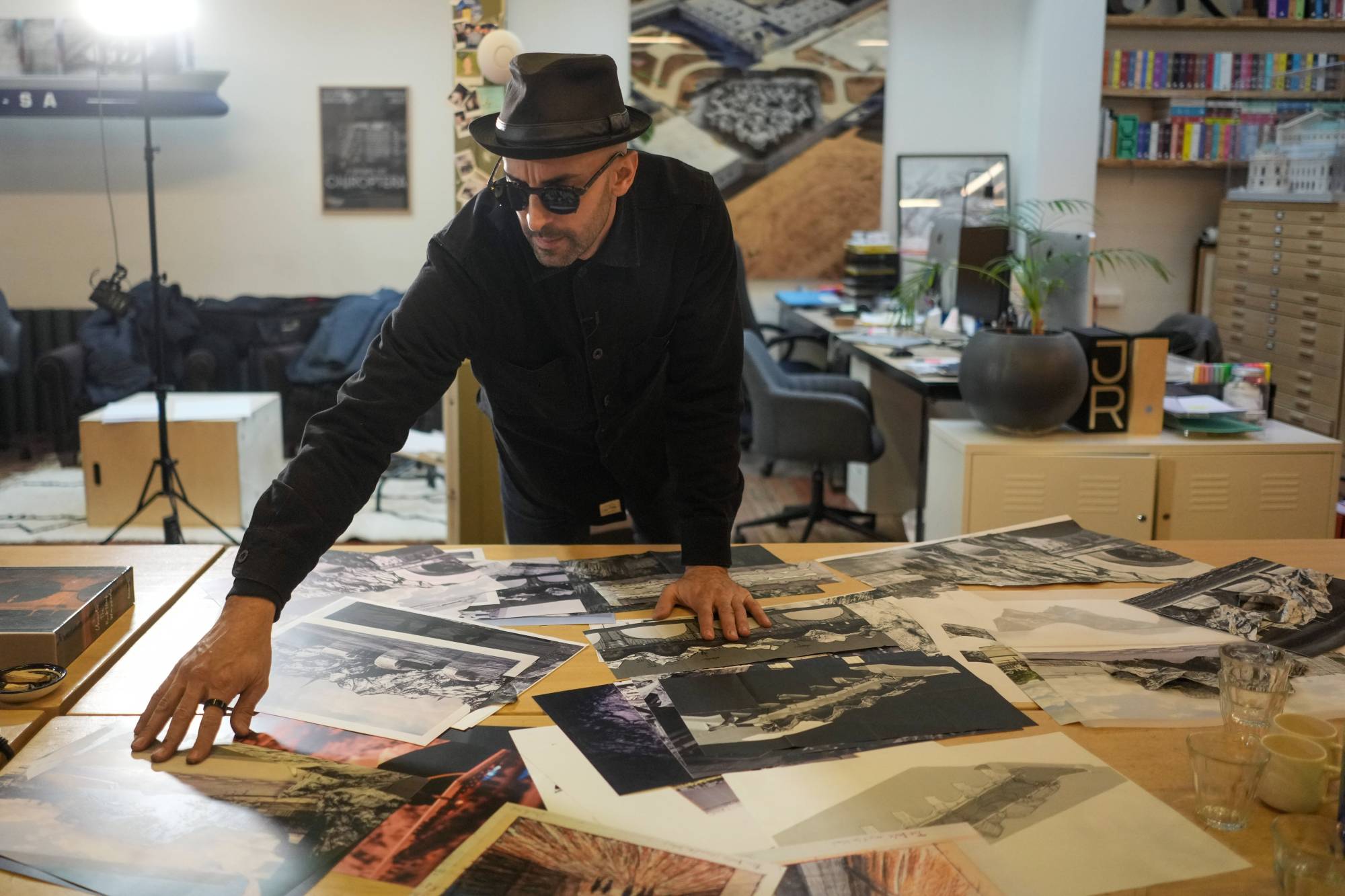Chedli Klibi, who had been among the most prominent political and cultural figures of modern Tunisian history and the only non-Egyptian Secretary-General of the Arab League, passed away.
Klibi, who died aged 94 in his home in Carthage, a suburb of the capital Tunis, had occupied the position of Secretary-General of the Arab League for 10 years, during what was described as a “critical period” in the history of joint Arab action; the Arab League’s headquarters had recently been relocated to Tunis from Cairo in 1979 because of Egypt’s signing a peace agreement with Israel when he took over.
The Arab League mourned his death and Secretary-General Ahmad Aboul Gheit decided to “half-staff the flag”, and said that “The Arab nation lost a sincere Arab nationalist politician who played an important role during an exceptional period in the contemporary history of the Arab League, in addition to playing a major political role in his country, Tunisia.”
He dealt with many pressing and controversial issues during his time as secretary-general, eventually handing in his resignation on the eve the outbreak of the second Gulf War, citing his objection to "foreign interference".
Klibi managed “to maintain the continuity of the work of the League amid the difficult circumstances facing Arab action during his time in office in the eighties," according to Aboul Gheit, who said that Klibi’s time in office "strengthened the Arab League's great institutional capacity to survive and adapt to crises, and continue to serve the nation regardless of circumstances".
The former Secretary-General of the Arab League, Amr Moussa, told Asharq Al-Awsat that “Klibi handed over the League in an acceptable condition structurally after having played a major in preserving the entity during a turbulent period for the Arab world”.
The prominent Tunisian politician was known for his conspicuous pro-Arab-Nationalist positions and his loyal devotion to joint Arab action. The Egyptian political thinker Dr. Mustafa Al Faqih also told Asharq Al-Awsat that Klibi “clearly played a major role in pushing Tunisian politics towards an Arab orientation because of his strong nationalist ideas, especially in the period during which the league was relocated and Tunisia hosted the headquarters of the Palestine Liberation Organisation.”
Klibi was the Arab League’s fourth secretary-general, succeeding Abdul Rahman Azzam, Abdul Khalek Hassouna and Mahmoud Riad. They and those whom he preceded, Ahmed Asmat Abdel-Meguid, Amr Musa, Nabil Elaraby, and the current secretary, Ahmed Aboul Gheit, are all Egyptian.
The Arab Parliament also mourned Kilbi’s death, with the Speaker of the Arab Parliament Mishaal bin Fahm Al-Salami saying that “the Arab nation, with Kilbi’s passing, lost a political figure who played a prominent historical role as leader of the Arab League, and in the most critical of circumstances that the Arab peoples ever faced.”
He also played a role in forming the committees for improving Arab ties, and he supported Arab-African cooperation, efforts to establish Arab national security, the Arab boycott of Israel, and the Palestinian Intifada.
Klibi was born to a family linked to the National Movement led by Habib Bourguiba on 6 September 1925. As well as being elected to the Tunisian parliament, he became a member of the central committee of the Constitutional Liberal Party in 1964 and was a member of its political bureau member between 1968 and 1979.
At the beginning of his political career, he was the general director of Tunisia TV and also held several ministerial positions during Bourguiba’s era, including the Minister of Communication and Minister of Culture. In 1965, during his time in the latter ministry, he established the International Festival of Carthage. He also served as chief of staff at the Office of the President.
Most Tunisians have a “favorable view” of Klibi who was an intellectual as well as a politician. He wrote prolifically for most of the country’s newspapers and magazines, publishing many studies and political articles. He also gave literature lectures frequently and wrote several books, gaining a reputation for his bold liberal positions on the problems that faced Arab societies.
He published several prominent texts on controversial issues like the relationship between Arabism and Islam, the issue facing Arab women, oil issues, the new global economic order, and Arab dialogue with Europe and Africa.










